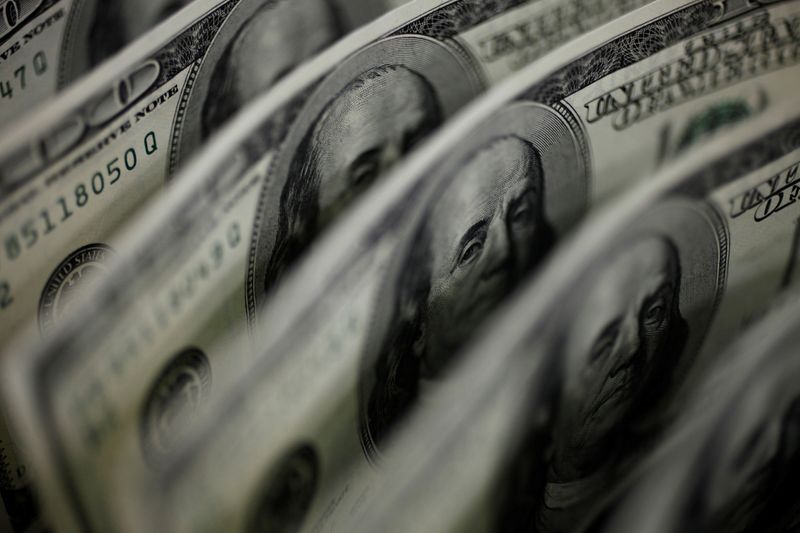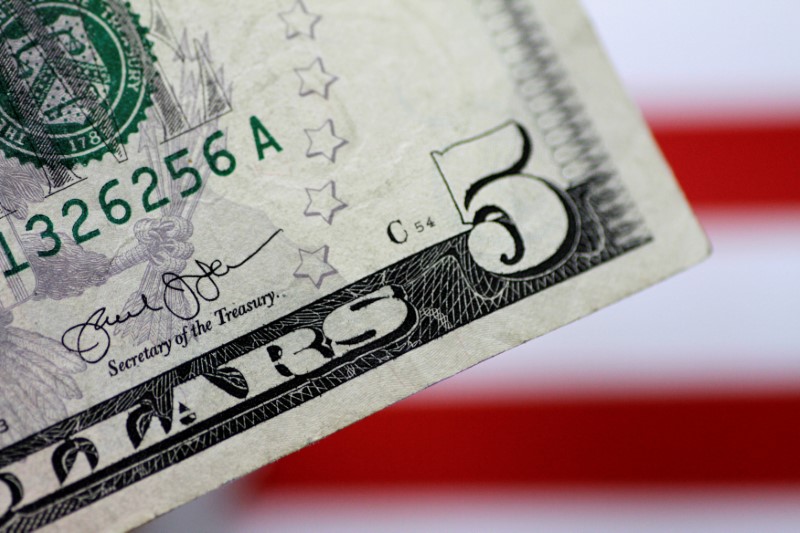By Kevin Buckland
TOKYO (Reuters) - The dollar languished near fresh 2-1/2-year lows against its major rivals on Thursday as progress toward agreeing a U.S. stimulus package and a Brexit deal boosted risk appetite at the expense of the safest assets.
Congressional negotiators were "closing in on" a $900 billion COVID-19 aid bill, lawmakers and aides said on Wednesday, with the tone the most positive it's been in months.
Across the Atlantic, the European Union's chief executive said a deal with the UK was nearer, although success wasn't guaranteed.
"As the world gets more optimistic about the outlook for growth in 2021, the dollar has softened," said Michael McCarthy, chief strategist at broker CMC Markets in Sydney.
"Further weakening of the dollar is on the cards."
The euro traded at $1.21945 early in the Asian day, after reaching $1.22120 on Wednesday, the strongest since April 2018.
The pound bought $1.3500 having risen to $1.3553 the previous session for the first time since May 2018.
The Federal Reserve on Wednesday vowed to keep funnelling cash into financial markets until the U.S. economic recovery is secure, a promise of long-term help that fell short of some investors' hopes of an immediate move to shore up a recent pandemic-related slide.
The dollar index jerked higher after the Fed's announcement, but then sank back towards the day's low of 90.126, a level not seen since April 2018.
The greenback was little changed at 103.475 yen, another safe haven currency.
The Australian dollar was also largely steady at 75.807 U.S. cents, while its New Zealand peer slipped 0.1% to 71.05 U.S. cents.
Bitcoin traded at $21,342 after smashing through the $20,000 barrier for the first time overnight, and extending as high as $21,420 on Thursday.
"Bitcoin is still on its latest tear," Ray Attrill, head of foreign exchange strategy at National Australia Bank (OTC:NABZY) in Sydney, wrote in a client note.
"I still don't want one for Christmas."

